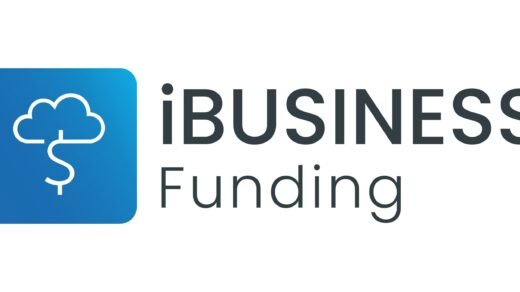Students Engage with Career Possibilities at Humanities in Action Week
Wesleyan’s open curriculum lets students forge their own paths to the lives and careers they want, whether through continuing education or direct employment following graduation. A plethora of on-campus resources and a wide-ranging alumni network are available to students seeking their desired careers.
“The world and the workplace are changing at a faster pace than any specific form of preparation will get you ready for,” Dean of Arts and humanities Roger Grant said after Humanities in Action Week, Feb. 12 to 16. “Instead, I’d encourage you to dig deep, find out what speaks to you, and devote your time to studying it. The skills you acquire in so doing will translate into a lifetime of meaningful inquiry and growth.”
Through conversations with alumni, a humanities major showcase, and an off-campus excursion to the New Britain Museum of American Art for a talk from Trustee Nyasha Shani ’06 on working in museums, Wesleyan students learned about diverse career opportunities open to all students, including humanities majors.
“I’m really impressed with how students are already doing the work of connecting their passions with possible career paths,” Grant said.
Sharon Belden Castonguay, executive director of the Gordon Career Center, hosted a talk on Feb. 12 for current students on how college major relates—or doesn’t relate—to career paths. She advised audience members that future employment and earning power is determined by choice of industry and location, not course of study.
“If you major in English and work as a beat reporter for a regional newspaper in Iowa, your salary will be very low,” Castonguay said. “If you major in English and work in mergers and acquisitions at Goldman Sachs, your salary will be very high. So major is correlated but not causal.”
Castonguay shared that Wesleyan humanities majors go on to pursue a wide variety of careers. She also advised that regardless of intended major, students should start thinking about what careers they may want to pursue early in their time at Wesleyan, fill in any experience gaps through internships or coursework, and engage with the Gordon Career Center early and often. She stressed that graduates can expect to switch jobs and even careers often, and that learning to manage your career in a dynamic, complex employment market is a vital skill.
The special week, set aside each year to shine a spotlight on a humanities education and the doors it can open for students, gave recent alumni who have broken into careers in media, theater, and technology, an opportunity to talk about choosing a major, navigating various internship opportunities, working in the gig economy, and their journeys to long-term employment.
Angela Zhang ’19 graduated Wesleyan with a degree in East Asian Studies, concentrated in political economics, and had planned to work in politics after graduation. She then shifted her plans to stay closer to home in New York City and found a company, TransPerfect, that was involved in global cultural consulting. When she was working in project management for the company, her team was directly involved in helping Moderna secure its European authorizations to bring the COVID-19 vaccine to market there. She has since transitioned into technology work, focusing on artificial intelligence.
Hannah Reale ’21, associate digital editor WGBH in Boston and former English major, got her foot in the door there through an unpaid internship from Wesleyan’s Summer Grants program. The grant was able to cover most of her key expenses and gave her the opportunity to work at a major local news outlet, where she found several mentors who helped her career blossom. After a year working for a media wire writing about China following her graduation, she returned to WGBH, which she credited to connections she made while interning there.
“It’s never too late to take a new class, start a new project, or gain experience in a new field,” Florina Sutanto ’24, East Asian Studies and economics double-major, said. “Explore your options! The humanities can serve as a great gateway to fields you might not even know about right now.”
Sutanto was one of six student and alumni presenters at the student showcase event on Feb. 15. She aims to break into data journalism or the digital humanities following her graduation. She is a Freeman Asian Scholar and works for the Gordon Career Center. She suggested that students use the Career Center and WesConnect, an alumni database that allows students to search for potential connections by industry and location, as key tools to further their employment possibilities.
“Take advantage of Wes’s open curriculum,” she said. “You may find an interesting overlap between art history and math, or environmental studies and dance. Explore as many classes as you can in order to get a real sense of what compels you.”



